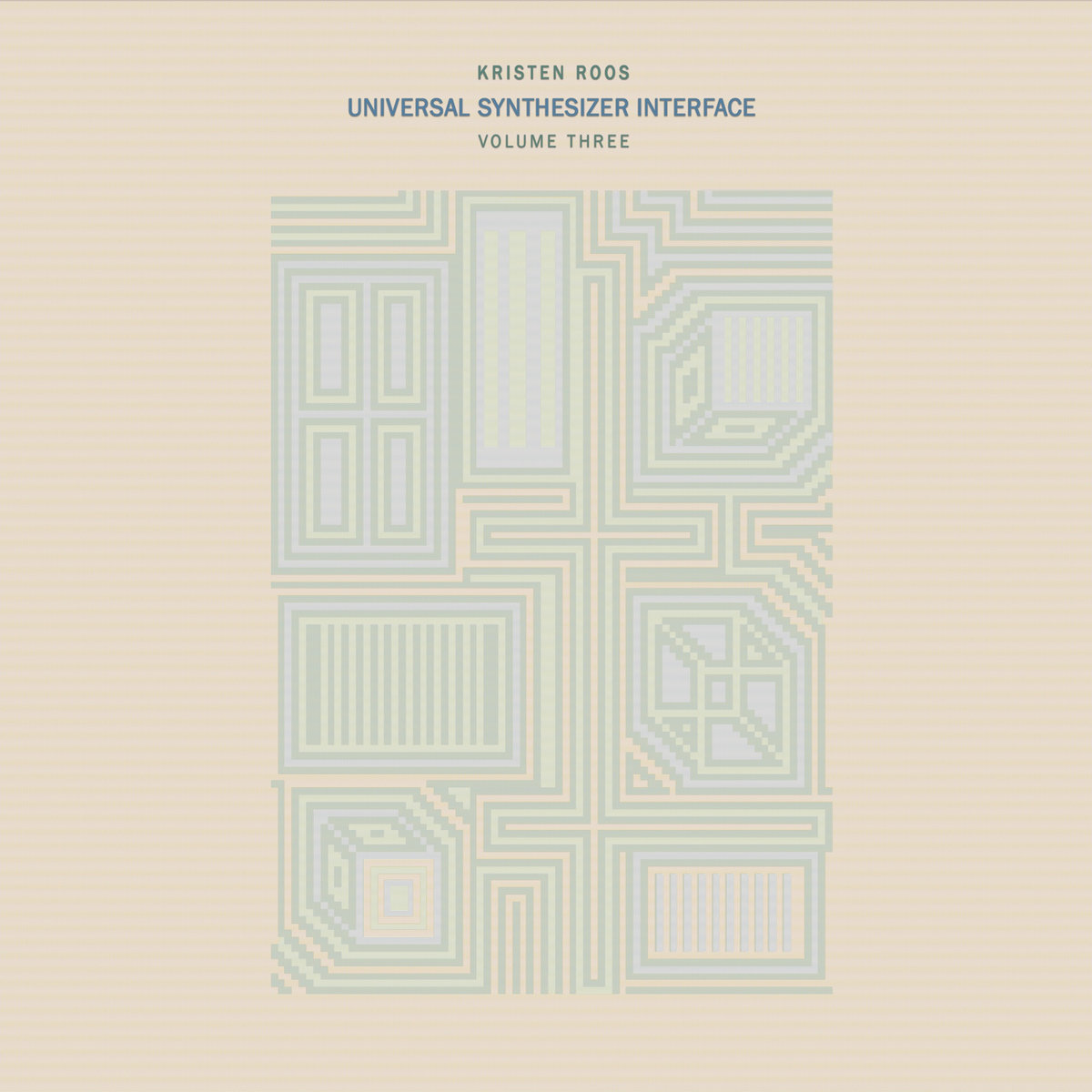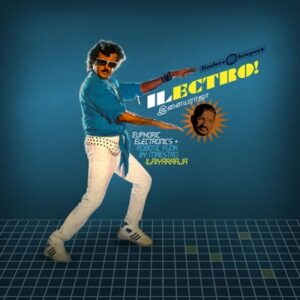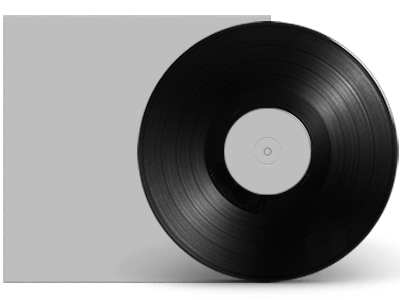
Beschreibung
In 1984, Joel Chadabe founded Intelligent Computer Music Systems Inc, known simply as Intelligent Music. Chadabe was a musician and educator, and an early champion of interactive computer music and composition. In a short period of time (1986-1990) Intelligent Music published a series of MIDI sequencing software titles that would have rippling effects throughout the music world. These programs were a reflection of Chadabe’s desire to create intelligent, algorithmic tools that allowed users to adjust aspects of their music while a computer algorithm was composing it (M, Jam Factory, UpBeat, MidiDraw, Ovaltune, Realtime, as well as an unreleased first version of Miller Puckette’s Max). Intelligent compositional tools for computers had been floating around for decades in mainframe computer labs (particularly in the work of Max Mathews and Laurie Spiegel at Bell Labs), but they had largely only been accessible to people working in academic or corporate laboratories. With the birth of Intelligent Music, these tools became available to anyone with a home studio.
As the personal computers of this era had become less expensive and more accessible, they had also grown exponentially in processing power and seeming intelligence. Many wondered if machine consciousness couldn’t be far behind. In the music press from this time, we find the same two words used again and again to describe algorithmic computer systems: smart and intelligent. The tone of such articles may seem quaint by today’s standards, when AI and algorithmic control underpin so much of our technology, but the question of machine intelligence remains.
This third volume of Universal Synthesizer Interface continues with my research into early MIDI sequencing software for personal computers. Focusing exclusively on the most obscure of Intelligent Music’s software creations – UpBeat: The Intelligent Rhythm Sequencer, released in 1987. Hailed by reviewers of the time as ‘the world’s best drum machine,’ UpBeat allowed MIDI compatible hardware to be saved as preset devices that could then be called up as individual tracks in its software interface. What made it truly unique however was its ability to send looping MIDI patterns to drum machines that could then play the loops in perpetuity while the user made real time adjustments on the fly. While common in today’s digital audio workstations, this was a true novelty at the time of UpBeat’s release. In addition to this, the program also offered intelligent control over each individual drum sound, allowing users to make algorithmic changes in note density, timing, articulation, and velocity. Such features have been a joy to use, and a crucial component in the creation of this collection of poly-rhythmic tracks.
This album is dedicated to the inspiration and ideas of the late Joel Chadabe. My sincere thanks to David Zicarelli, and Eric Ameres for their correspondence and help, Antony Widoff, and especially John Offenhartz for whom there wouldn’t be an Upbeat to create with.
Tracks
01. Feight
02. Bouton
03. Samb
04. Zimba
05. Bok
06. Nova
Sicherheit und Herstellerinformationen
Ähnliche Produkte
-

EMERALD WEB The Stargate Tapes
21,00 €
Enthält 19% MwSt.zzgl. Versand -

JEAN-CLAUDE VANNIER L’Enfant Assassin des Mouches
25,00 €
Enthält 19% MwSt.zzgl. Versand -

ANTUNES, JORGE Musica Eletronica
19,90 €
Enthält 19% MwSt.zzgl. Versand -

JOHN ROBINSON PIERCE Music From Mathematics
9,00 €
Enthält 19% MwSt.zzgl. Versand -

DANIELA CASA Sovrapposizione Di Immagini
18,90 €
Enthält 19% MwSt.zzgl. Versand -

ILAIYARAAJA ILECTRO
21,00 €
Enthält 19% MwSt.zzgl. Versand

